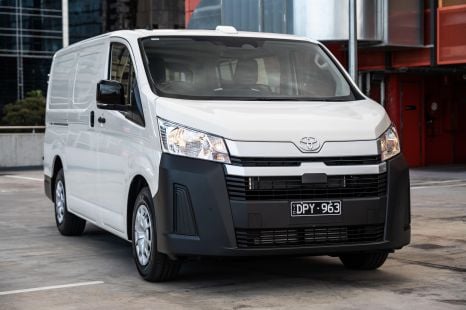

Max Davies
2026 Toyota HiAce review
2 Hours Ago
You can easily spend thousands on new car accessories. Is it worth it, and which extras offer the best value?

Deputy Marketplace Editor
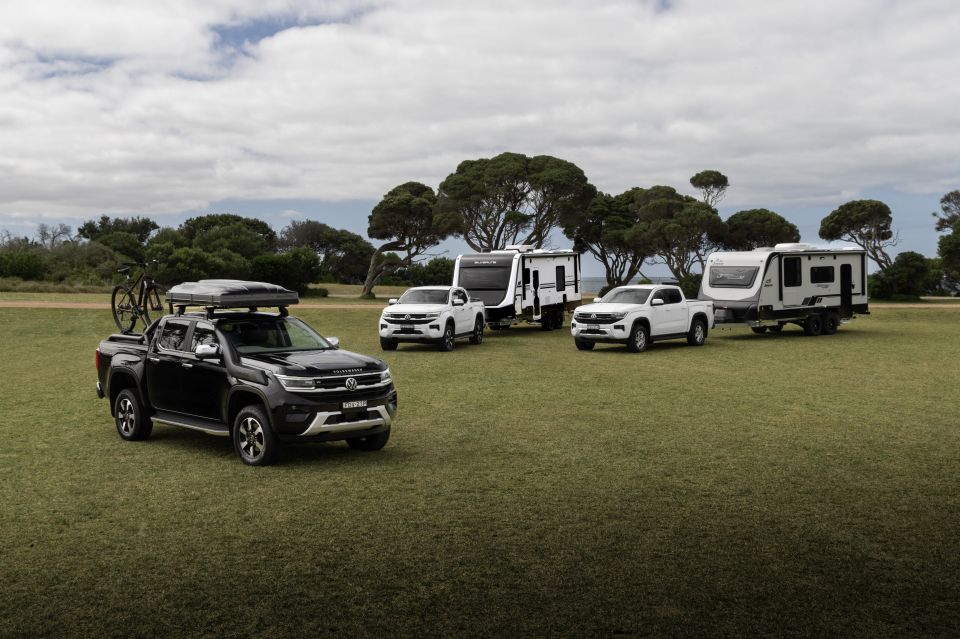

Deputy Marketplace Editor
When buying a new car, the choices don’t end when you pick your desired make and model.
You have to think about colours, trim levels and finally, accessories.
Dealer accessory catalogues can be overwhelming at times, with dozens of extras offered in some cases.
Customising your ride with dealer-approved upgrades can be fun, but the cost of ticking boxes can add up quickly.
That begs the question – which dealer-fitted accessories do you really need? And do they offer decent value when compared to the alternatives?
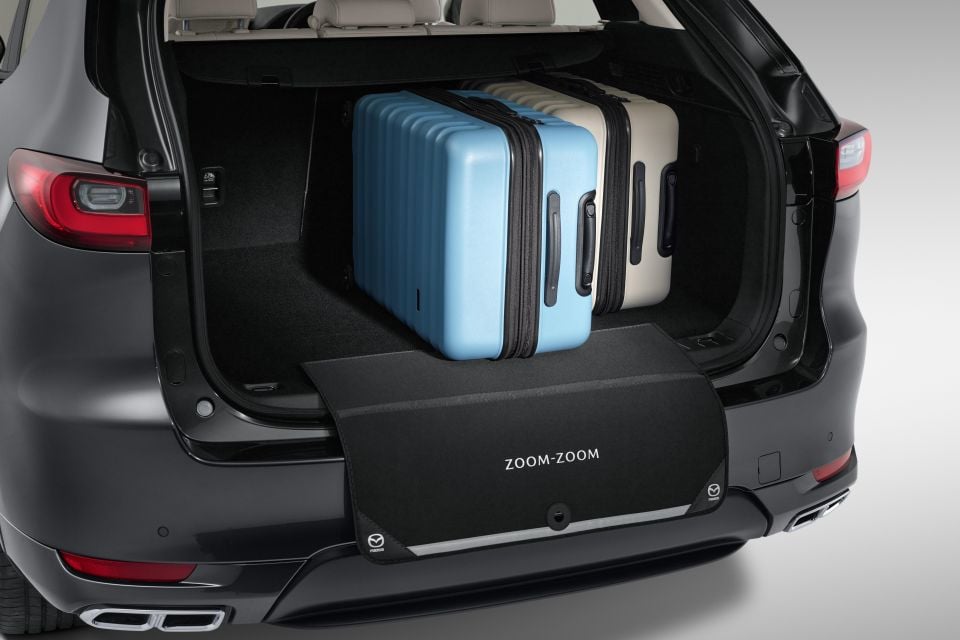
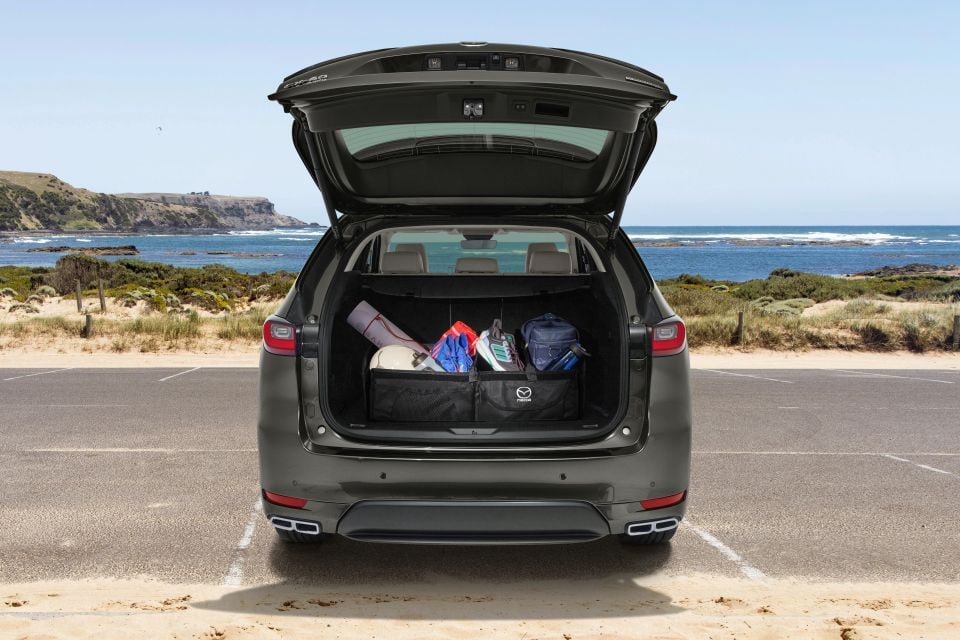
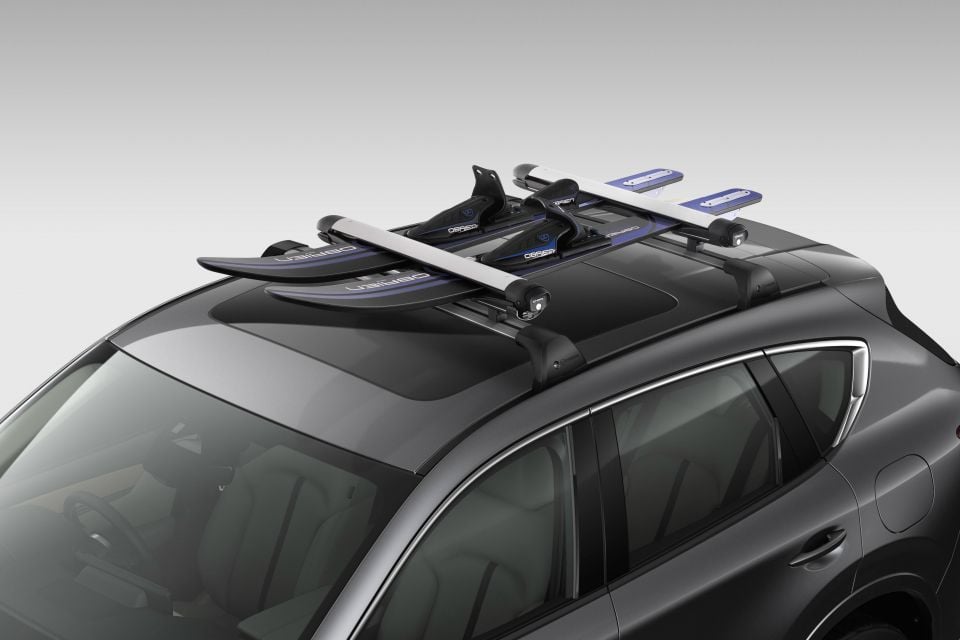
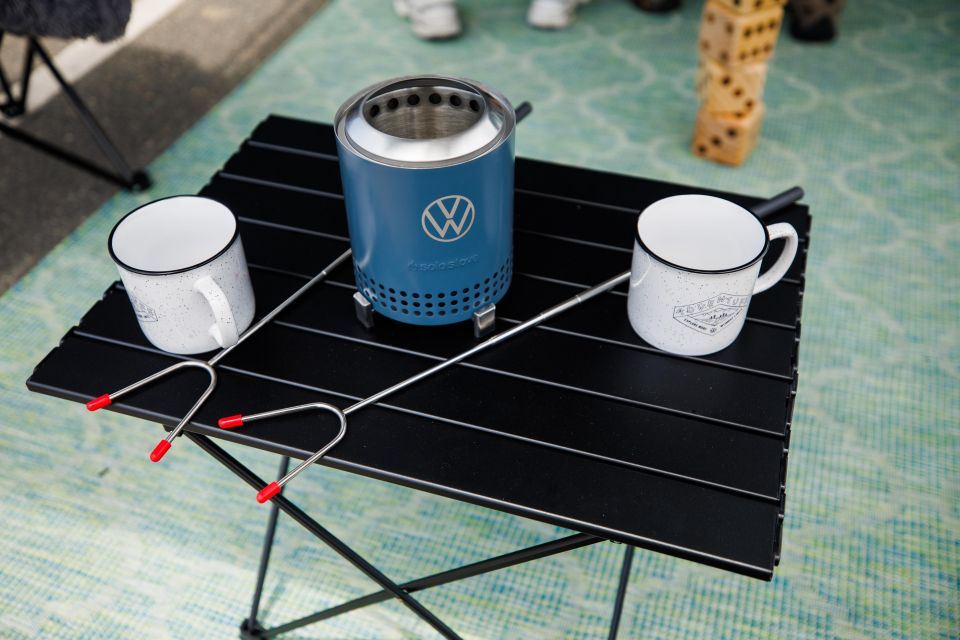
As it turns out, there’s no straightforward answer.
It really depends on the buyer, the car in question, and how you intend to use it.
For example, if you’re buying an SUV to complete a lap of Australia with a caravan, you’re going to need towing equipment.
On the other hand, a city hatchback buyer is probably more likely to opt for some floor mats or aesthetic upgrades. Using that logic, you don’t see many Suzuki Swifts with a tow bar.
However, not all SUV owners intend to tow – so buyers first need to understand the purpose of their car and what accessories fit that brief.
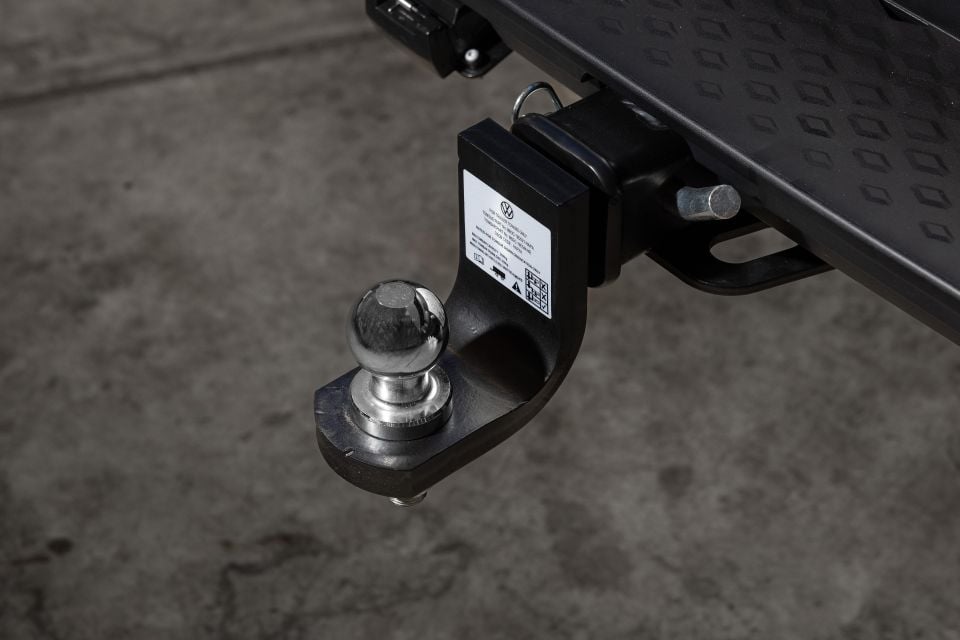
Werribee Mitsubishi dealer principal Brad Hopkins says buyers of certain vehicle types do tend to opt for the same accessories.
“Depending on the car we fit different accessories,” Mr Hopkins told CarExpert. “On a Triton dual cab 98 per cent of buyers want a tow bar, and many want a tray cover such as a soft tonneau or canopy.
“Pajero Sport buyers usually want a tow bar too, as they use the car for towing.
“Everyone has different needs but some customers want accessories that they just don’t need. We have some people who click on every accessory, and we ask whether they really need them.”
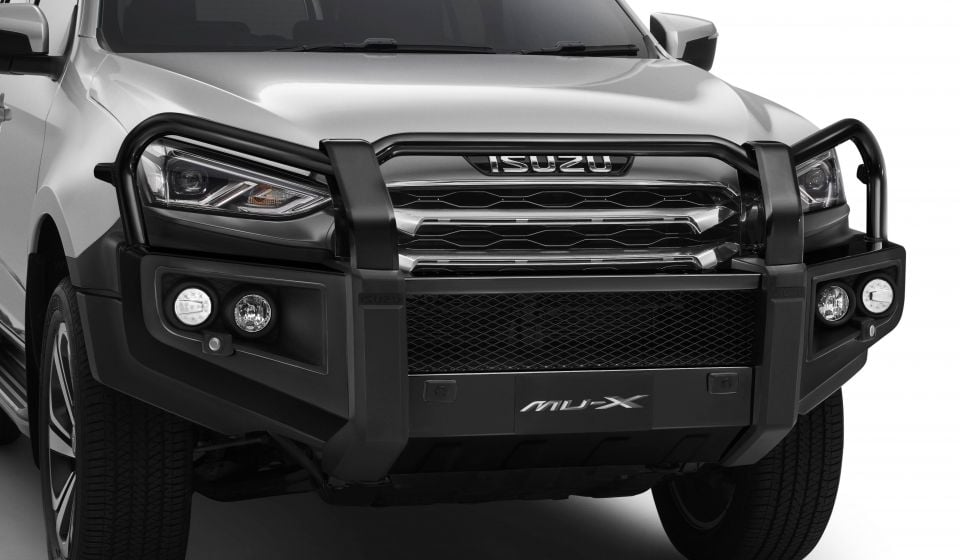
With that said, not all accessories are designed to improve the functionality of a car.
Many manufacturers offer aesthetic accessories in the form of coloured badges, bodywork enhancements, and decals, which serve no purpose other than altering the appearance of the vehicle.
In those cases only you can judge the value of the item, but it’s important to remember accessories don’t have to be purchased from the dealer or manufacturer.
The automotive aftermarket is a goldmine for motorists looking to customise their pride and joy, and items similar to dealer accessories without manufacturer branding can often be had at a cheaper price.
It’s almost a no-brainer if you can source heavily discounted aesthetic modifications, but it can be a different story when it comes to parts that have a greater bearing on the drivability of the car.
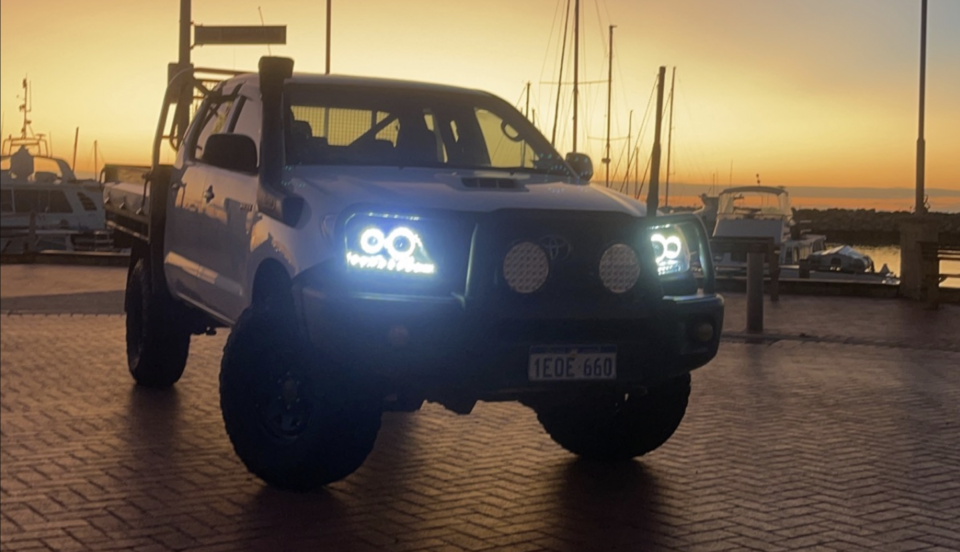
That’s because genuine accessories are covered by a manufacturer warranty, while aftermarket parts often aren’t.
If a non-genuine accessory causes a fault with the car, repair costs will come out of your pocket.
“You should buy genuine for a few reasons,” Mr Hopkins said.
“Firstly, because you have factory-trained technicians who fit them, not Joe Bloggs down the road who doesn’t actually know how to fit them properly.
“Mitsubishi genuine accessories are covered by a 10-year warranty while non-genuine aren’t, so if something goes wrong with the car that’s caused by an aftermarket accessory, the manufacturer likely won’t cover it.
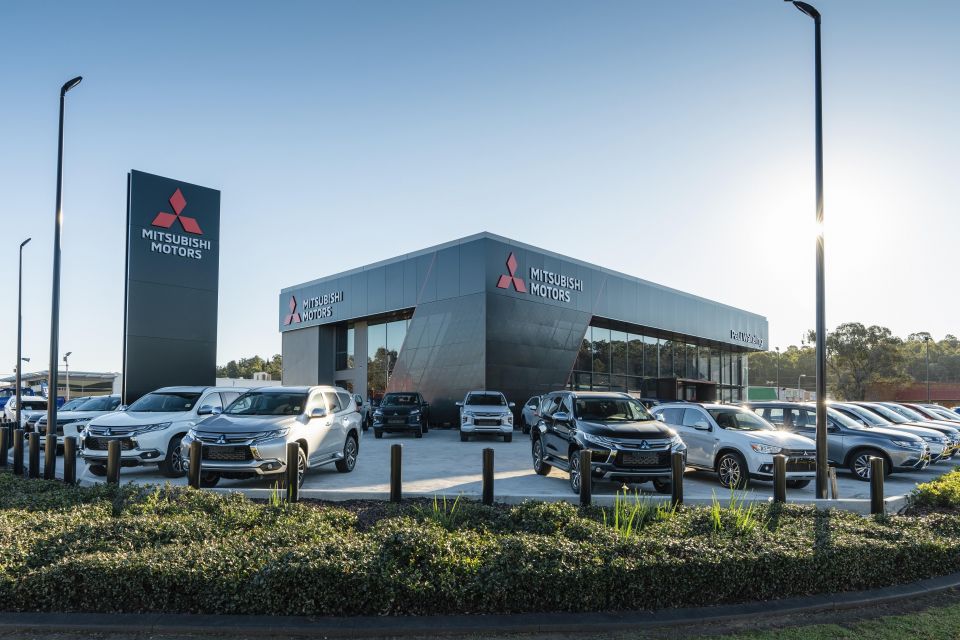
“Buying genuine protects your investment. You might pay extra but you know it’s been fitted properly.”
Then there’s the convenience factor. Dealer-sourced accessories are selected and fitted during the buying process, so you don’t have to worry about taking the car to different workshops or fitting things yourself.
So, what’s the catch?
Dealer-fitted accessories are often more expensive than non-genuine versions, especially alloy wheels and tow bars.
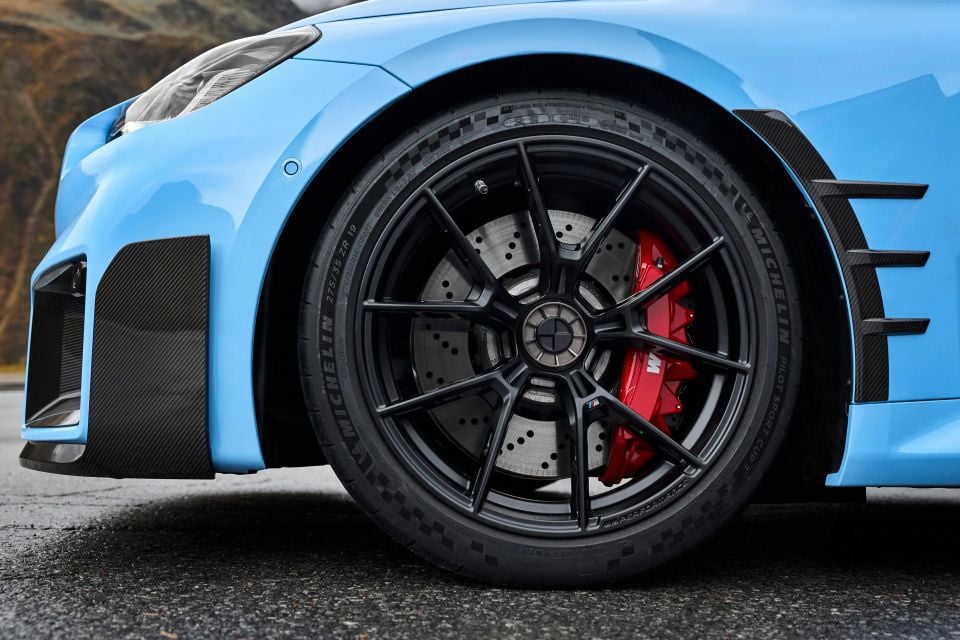
That brings us back to the question of which dealer-fitted accessories you should buy.
Choosing genuine manufacturer parts is often the safe option for big-ticket items that influence the functionality of a car. However, better value can be had in the aftermarket for accessories that don’t fit that description.
Looking elsewhere for floor mats, weather shields and aesthetic modifications among other accessories can not only save you money, but opens up a wider range of options.
There are some common add-ons that may be worth skipping altogether, or looking to a specialist for support. Paint protection is a common example.
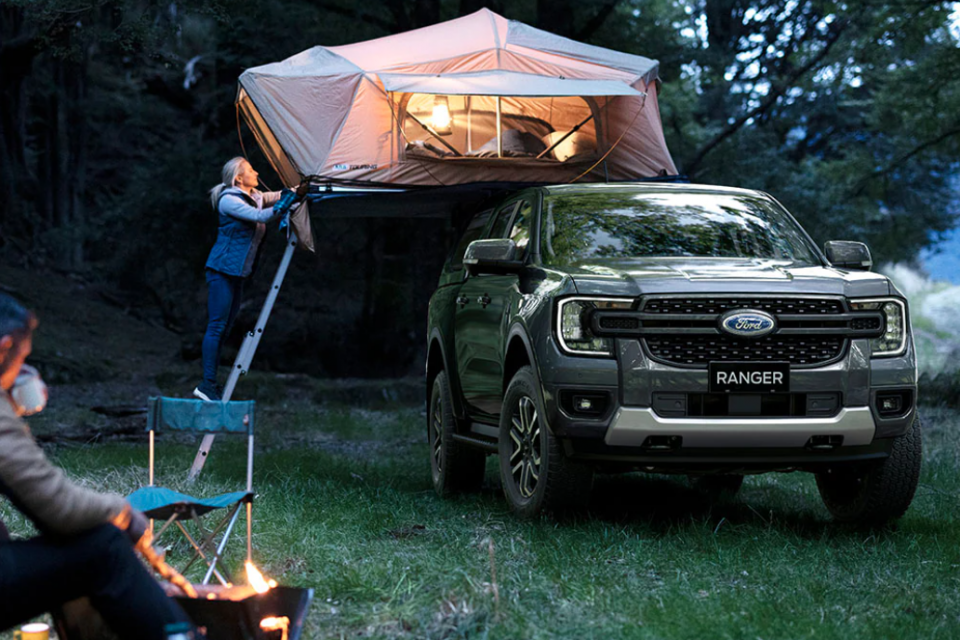
Josh Nevett is an automotive journalist covering news and reviews, with a background in motorsport journalism.


Max Davies
2 Hours Ago
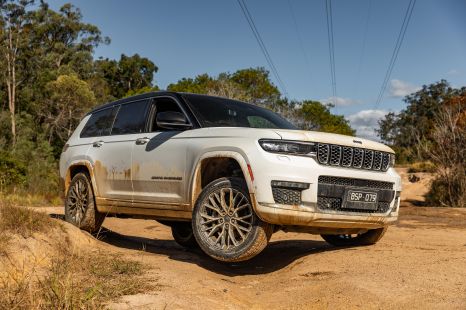

William Stopford
18 Hours Ago
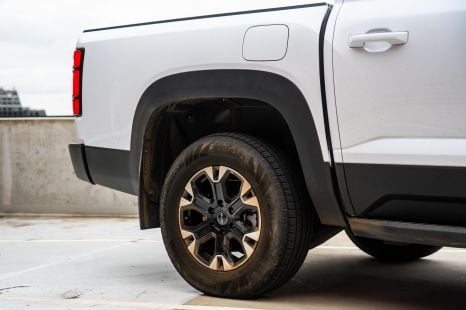

Ben Zachariah
19 Hours Ago
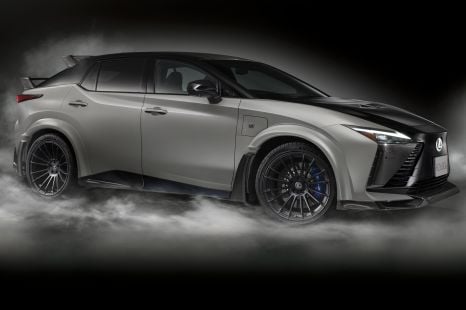

Derek Fung
19 Hours Ago
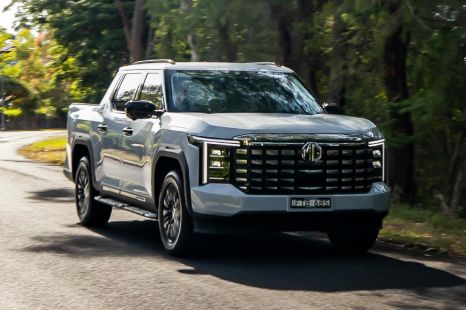

Matt Campbell
1 Day Ago
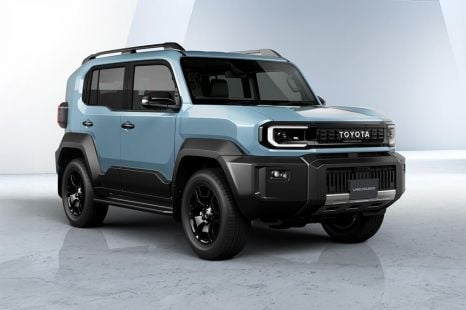

William Stopford
2 Days Ago